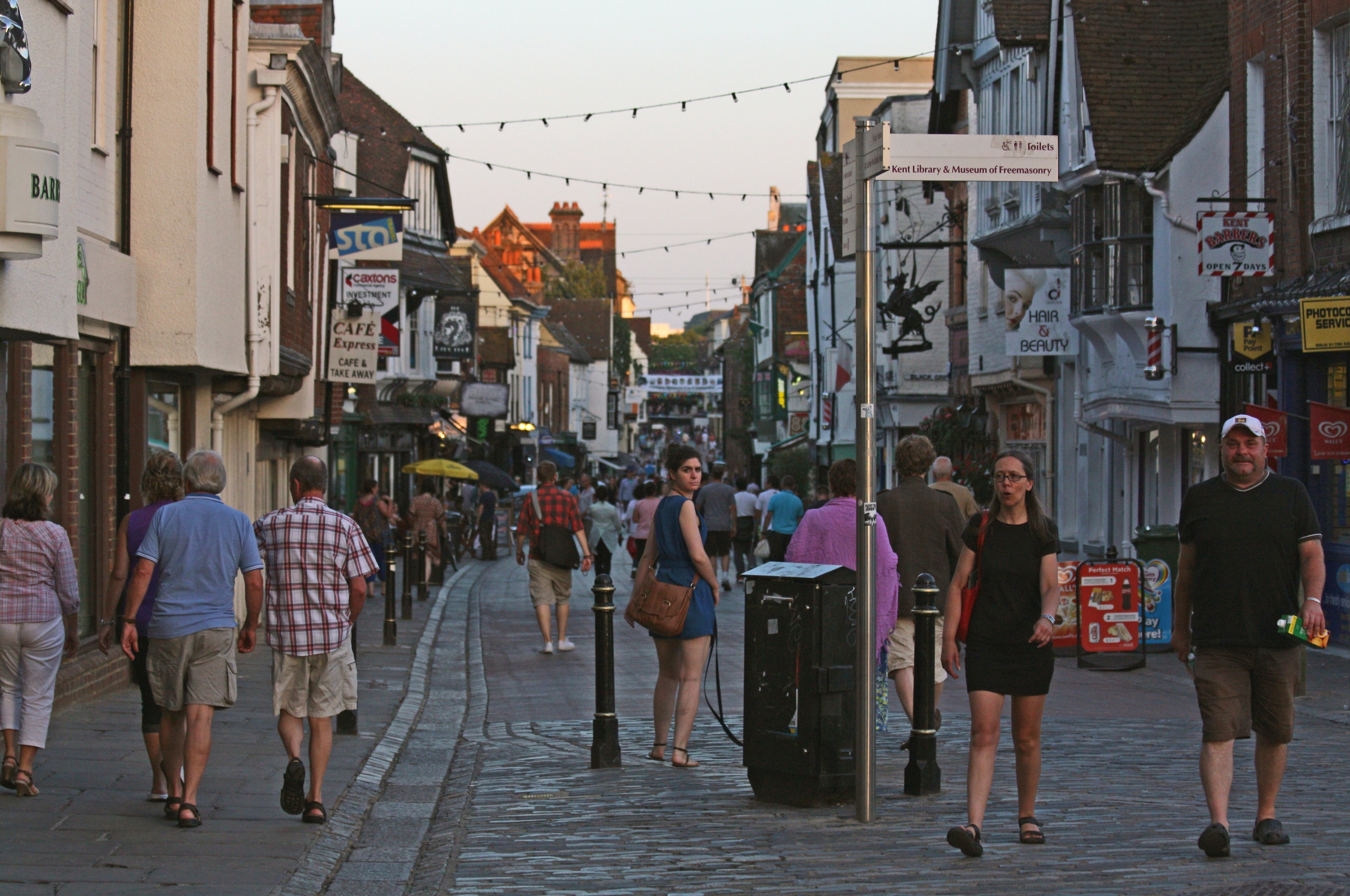
God vs. Government: Sovereignty and Same-Sex Marriage
The Church’s attitudes towards homosexuality have long been an issue of contention in society. To quote the Bible, “do not lie with a man as one does with a woman; that is detestable”. The conflict is not limited to Christianity by any means, there are many non-religious people who do not ‘agree’ with same sex marriage. However, in regards to actively opposing same-sex marriage it is Christianity that has played the most prominent role, particularly in our own society. This is particularly true of the Catholic Church, as demonstrated by former Archbishop of Glasgow, now Archbishop Emeritus of Glasgow, Mario Conti. In a recent letter printed in the Catholic journal, the Tablet, Conti described same-sex marriage as “morally defective” in an attempt to urge the Scottish Government not to legalise same-sex marriage. The main issue here is almost one of sovereignty.
Marriage is a long held tradition and a religious institution. As such many feel that the Church should have the right to make decrees regarding marriage and control the ins and outs of the tradition. Thus, if the Church opposes same-sex marriage then same-sex marriage should not be allowed. There is a clash of mandate here, between church and state where both feel they have the legislative right and power yet only one, the government, actually does. What this essentially means is that though marriage is an institution of the Church, the government has the power to decree the details and rights associated with marriage.
Setting aside the issue of sacred texts and their comments for a moment, there is also the issue of simple legal rights. By law, a same-sex couple can enter a civil partnership which grants them all the same rights as a married couple. In regards to ceremony, it is just as easy, if not easier, to have a big event and a party without a priest. On these grounds, it seems fair enough for the Church to request the maintenance of their sovereignty over the right of marriage, given that same-sex couples gain the same rights from a civil partnership. Yet this does not take all the information fully into account. The issue of same-sex marriage is not merely one of legal rights, it also covers a certain sense of spirituality that comes from the religious element of the ceremony.
Many same-sex couples are religious despite the common religious prejudice against homosexuality and many religious communities, though not necessarily offering marriage ceremonies, openly accept homosexual members of the congregation. And it seems unfair for same-sex couples, who may be equally if not more devout than heterosexual couples, to be denied the privilege of marriage. The original reasoning behind religion’s stance against homosexuality is that it could not result in children and thus served no purpose in a less developed world. Yet nowadays many same-sex couples adopt and successfully raise families. It seems a shame to deny people the full spectrum of their faith based on an outdated system of thought when homosexuality is just as natural as heterosexuality and equally undeniable in a person.
The issue is a divisive one. Just recently, UKIP youth leader Ollie Neville was sacked for supporting gay marriage, his comments apparently being “quite simply completely at odds with the Party’s policy.” The debate is one of real importance to many, in both politics and religion. The question ultimately boils down to whether or not the matter of same-sex marriage should be a Church decided issue due to marriage’s inherently religious nature or if the government should have the right to step in and make a decision that gives equality due to the Church’s seeming inability to. Overall, I would say that the Church should only have a say in same-sex marriage if they can fairly and reasonably open the issue to debate. As of now, this seems unlikely and, as such, the government’s intervention is necessary.
The Church’s history with equality and tolerance is chequered at best and to continue to deny marriage to a large section of the national community is not only unfair but can easily be seen as ignorant. If the Church were to open its doors to same-sex marriage it would not only serve as a monumental sign of progress but may also open the doors to further progress in the pursuit of equality and that, is undeniably a worthy goal.




























Discussions